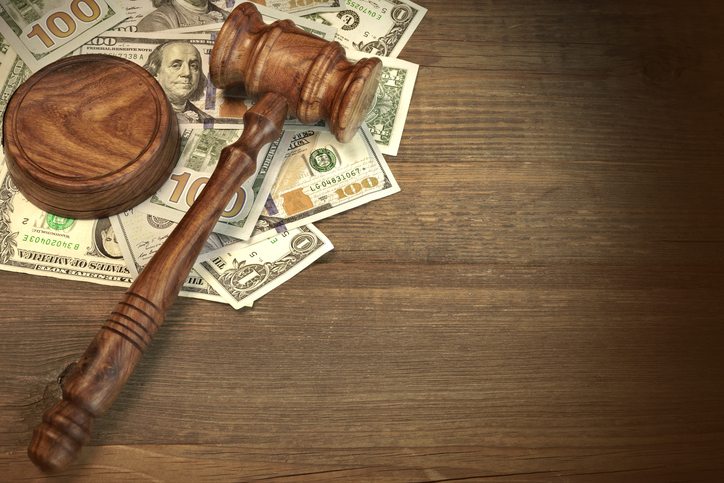 IS BANKRUPTCY A GOOD IDEA FOR YOU?
IS BANKRUPTCY A GOOD IDEA FOR YOU?
Creditors threaten taking legal action to collect what you owe. Your bank account continues to dwindle down to a Pauper’s Purse. Every strategy you planned to take for fixing your financial woes has failed. The time has come to consider the financial “nuclear option.”
Is bankruptcy a good idea for you?
Factors to Consider for Filing Bankruptcy Paperwork
Consumer bankruptcy comes in the form of two options: Chapter 7 and Chapter 13. Chapter 7 bankruptcy wipes your financial slate clean, although you lose some of your personal property. On the other hand, Chapter 13 bankruptcy allows you to keep all of your personal property under a court ordered debt payment plan. Bankruptcy requires a thorough vetting of all your financial documents to determine whether starting over is worth the hassle of going through the court system.
Some people cannot stomach the thought of the financial nuclear option. However, if you have reached the point of no financial return, you need to consider several other factors that answer the question, “Is bankruptcy a good idea for you.”
It Starts with Eligibility
It does not matter if you have the intestinal fortitude to handle a bankruptcy filing. You might not even qualify for legally sanctioned financial relief. The first step to determine is bankruptcy a good idea for you involves meting the requirements of filing for bankruptcy as mandated by United States law. Chapter 7 requires the completion of a means test, while Chapter 13 determines whether you earn enough money to pay back your debts.
What Happens to Your Home?
Before you consult with a licensed bankruptcy attorney, you should determine the impact a bankruptcy filing will have on your mortgage payments. Typically, high-end assets such as homes and automobiles do not come into play for bankruptcy asset liquidations. However, if a bankruptcy filing does not eliminate enough other debt to make mortgage payments a reality, you should consider alternative ways to get back on your financial feet.
What about Your Retirement Plans?
Most retirement plans, such as pensions and life insurance annuities, are exempt from asset liquidations to reduce debt. However, you still should confirm that you get to keep your entire retirement nest egg, regardless if you file for Chapter 7 or Chapter 13 bankruptcy.
Are Your Debt Co-Signors Protected?
Filing for bankruptcy should never expose debt co-signors to legal obligations that require payment of your debt. Go through all of your debt agreements to ensure nobody is on the financial hook for a bankruptcy filing, except for you. Why would you endure a length bankruptcy proceeding, only to discover that a close friend or family member is on the hook for you financial mismanagement? In general, Chapter 7 bankruptcy does not protect co-signors of your debt, while Chapter 13 leaves co-signors out of the bankruptcy process.
Can You Handle No Privacy?
Bankruptcy cases literally turn your personal life into a public spectacle. You have to produce personal information to the court that otherwise nobody else would know about. Prospective employers and worse, close friends and family members, find out about your financial predicament which can dramatically change relationships. Moreover, Chapter 7 liquidates your personal property, while Chapter 13 requires you to seek court approval to spend your own money.
You might discover that you do not have to file for bankruptcy because the legal system cannot make a judgment against you. However, never roll the dice in the bankruptcy game. Consult with a licensed attorney to determine whether bankruptcy is the right legal process to solve your financial problems.
